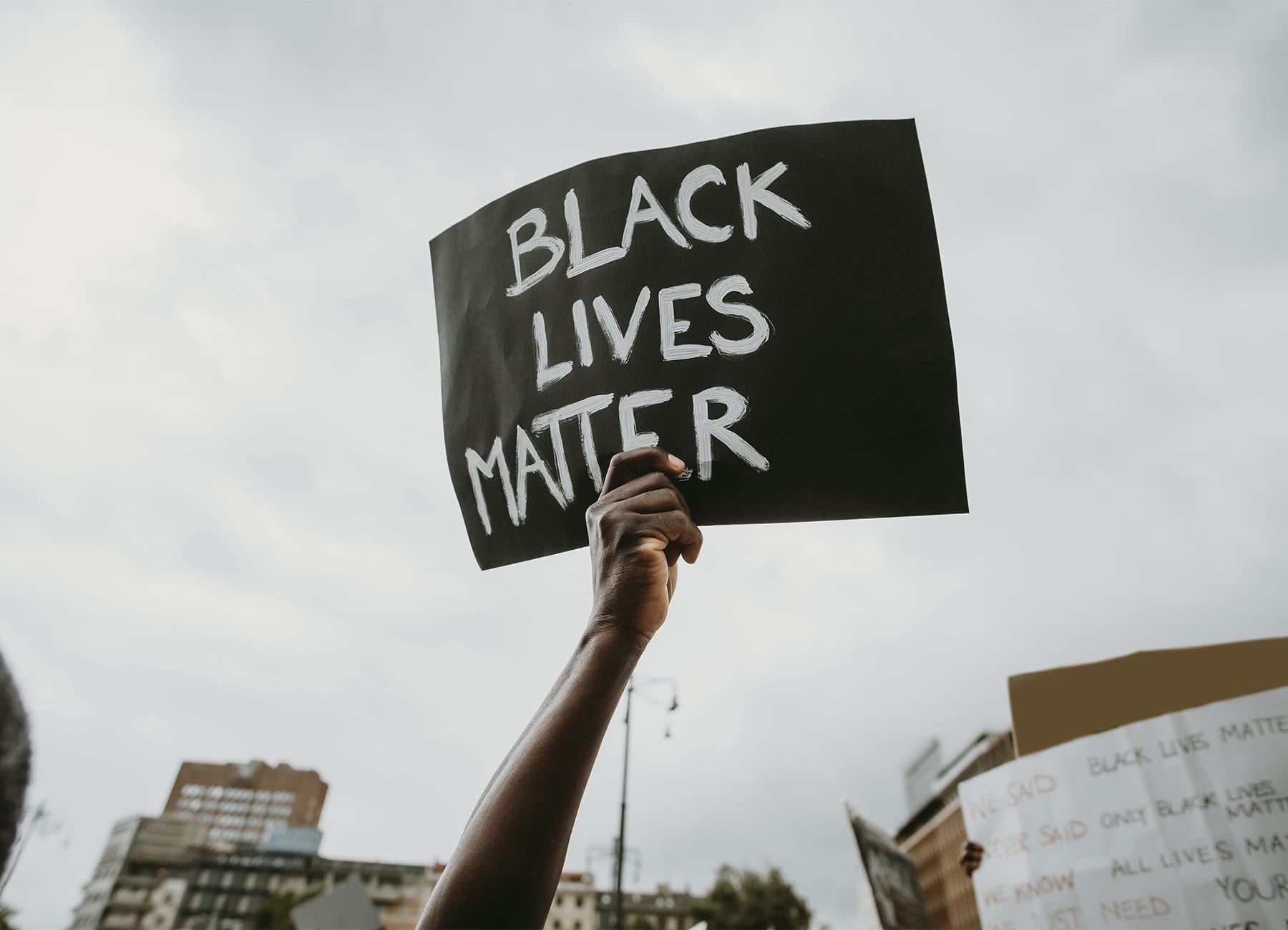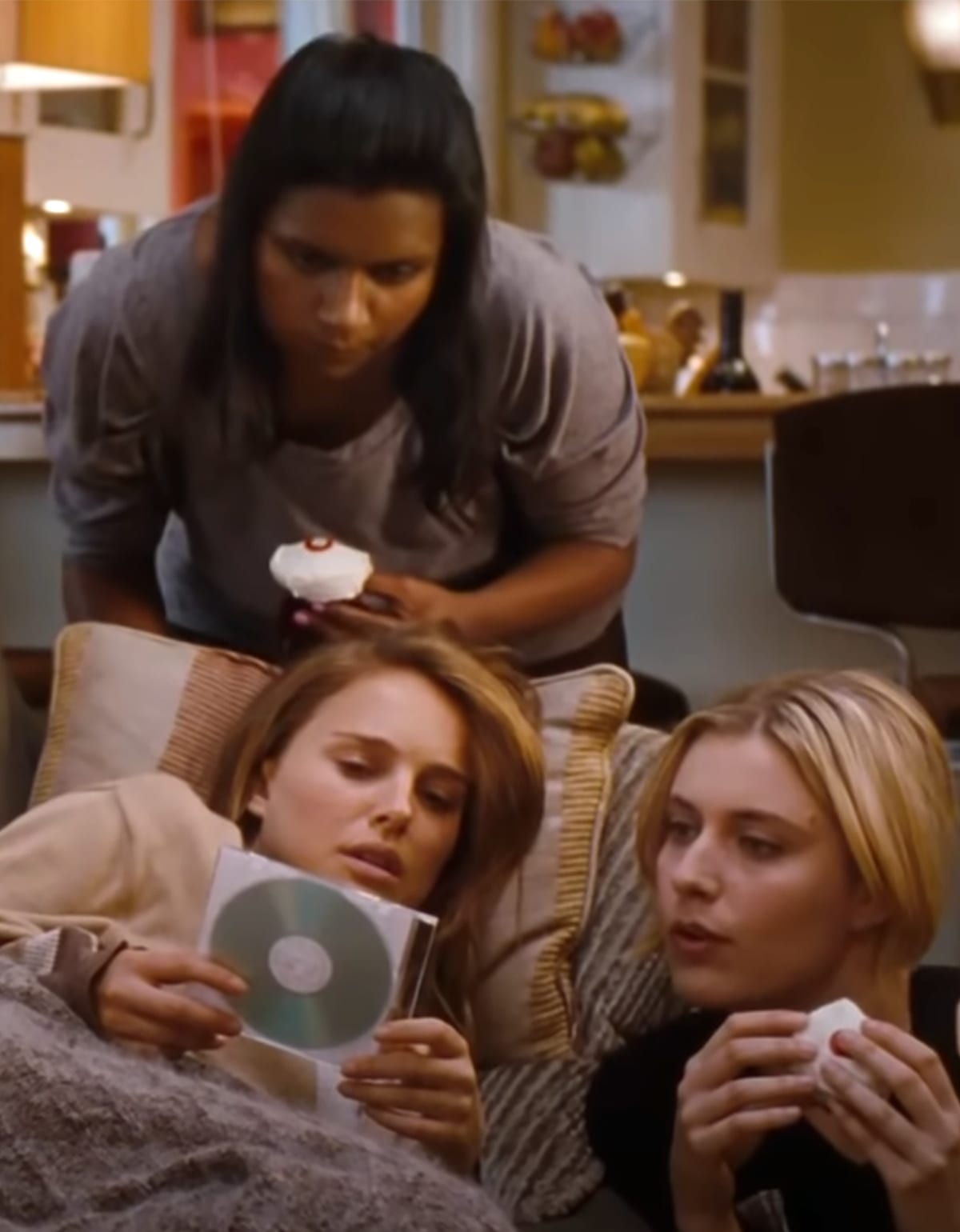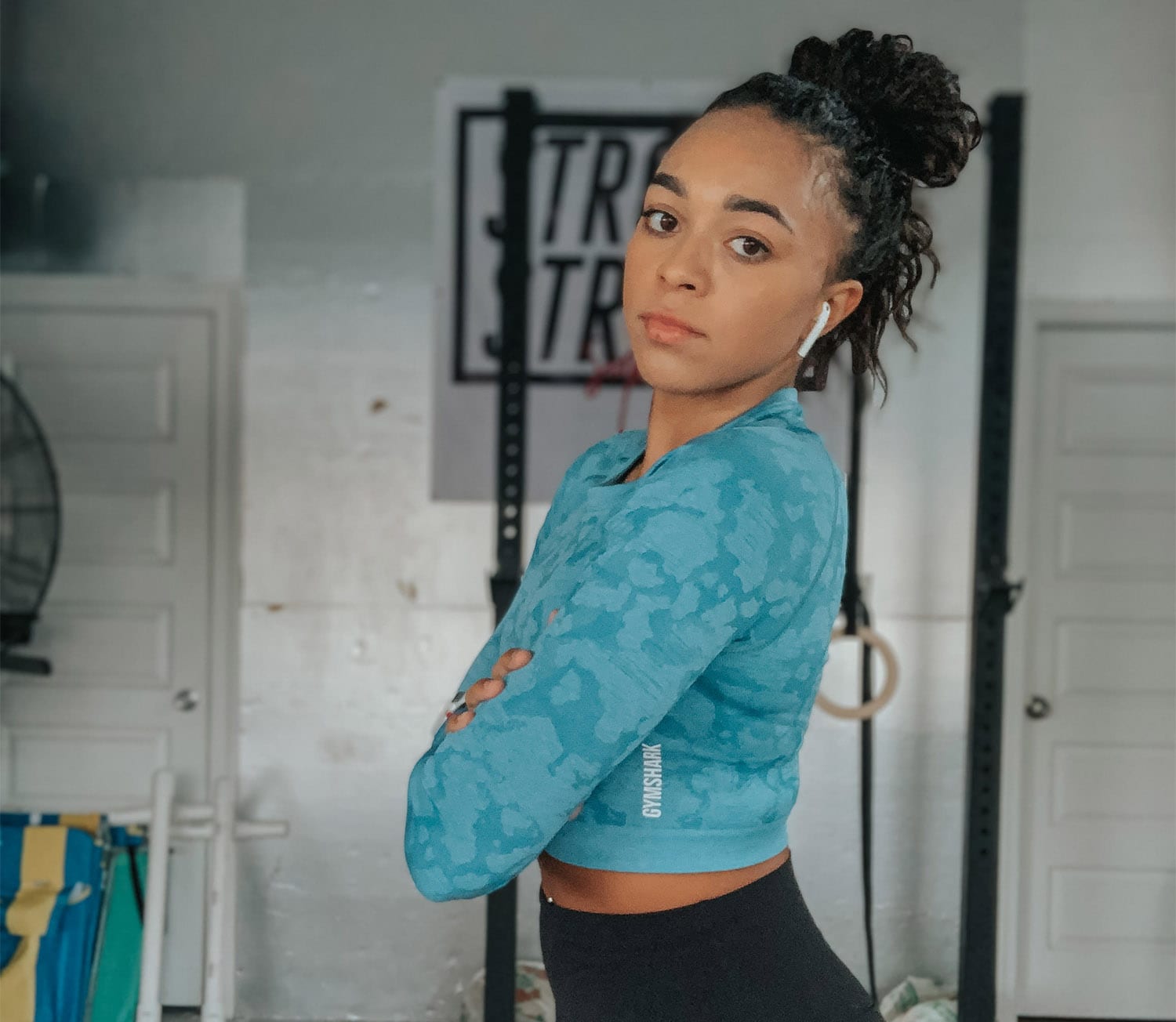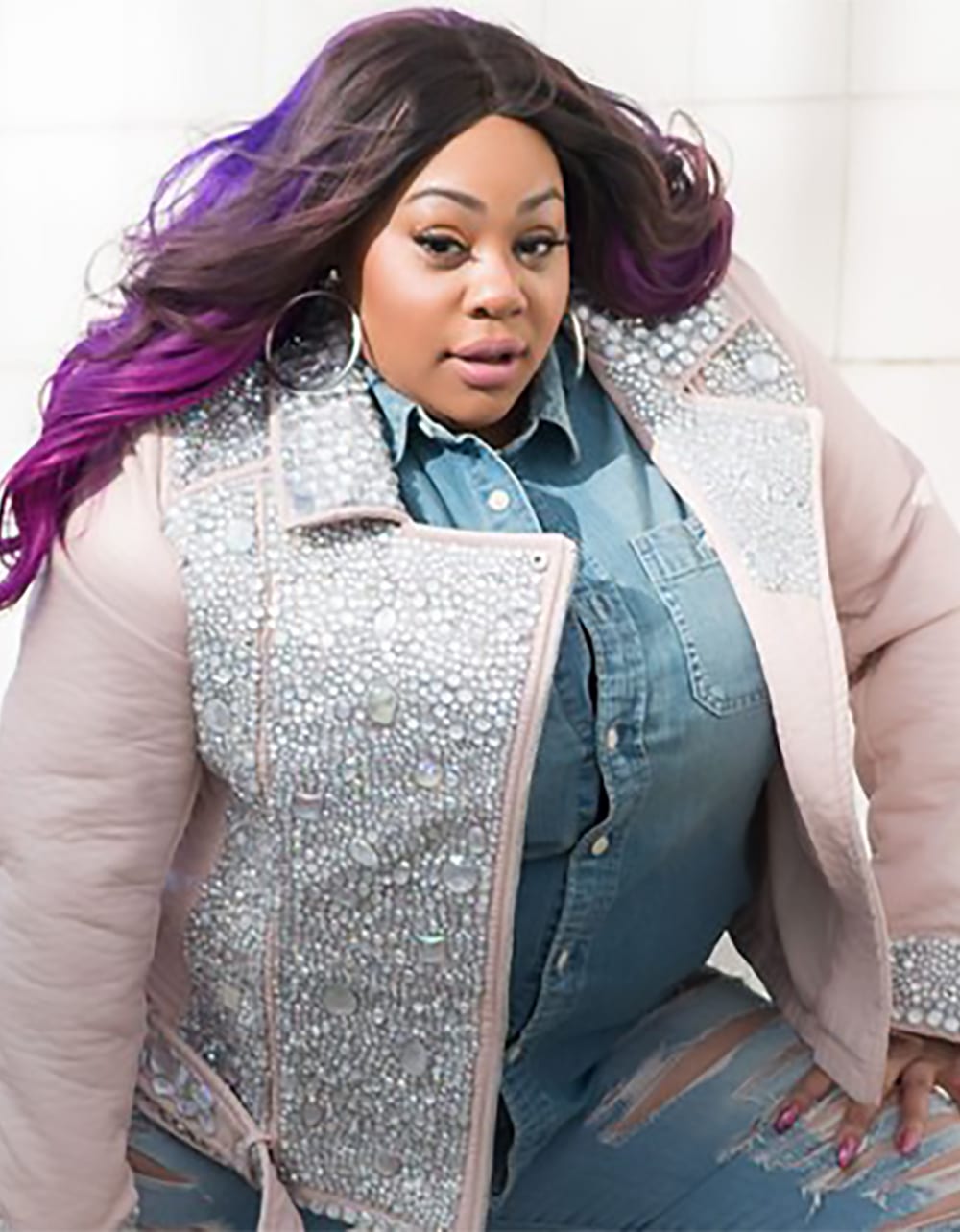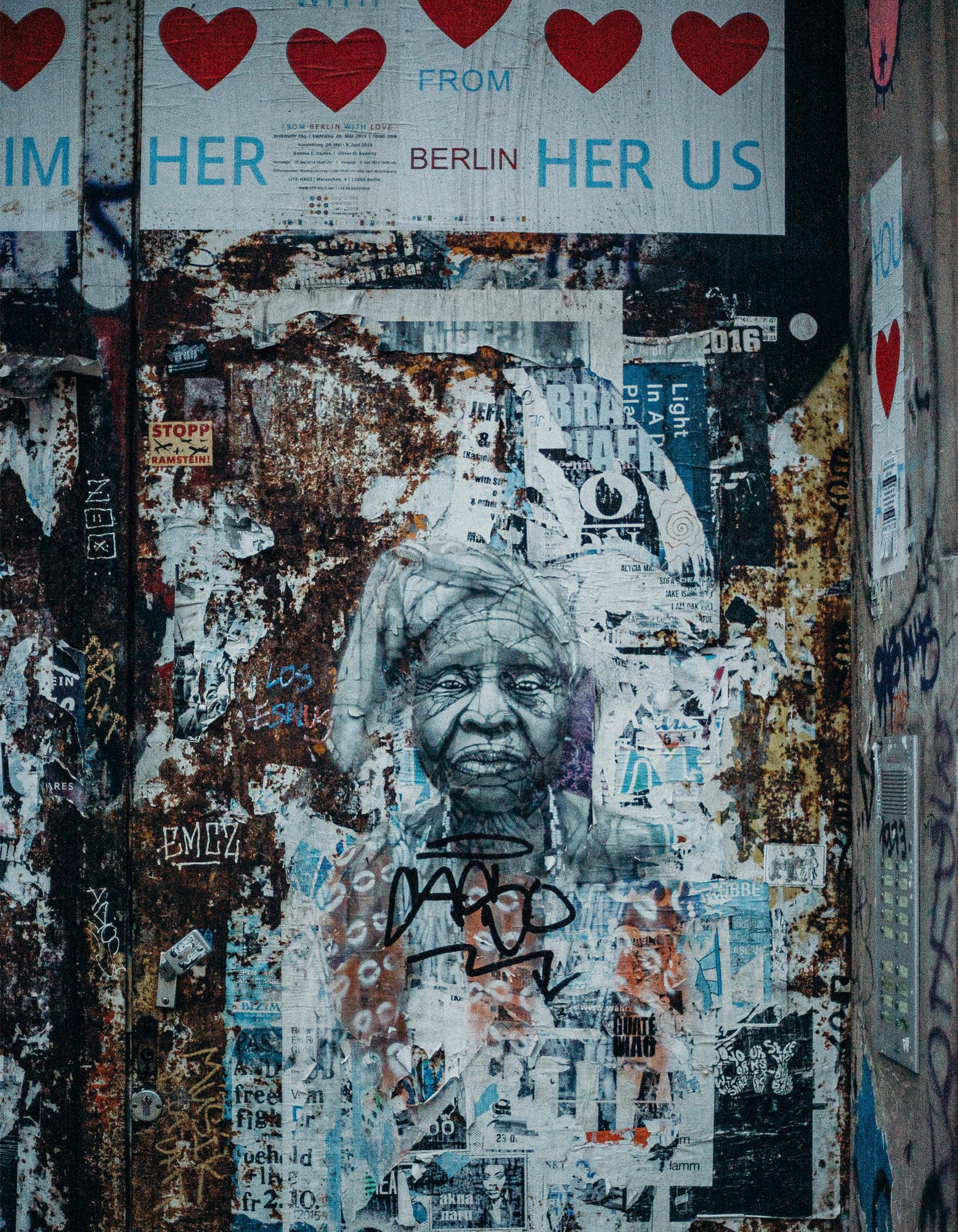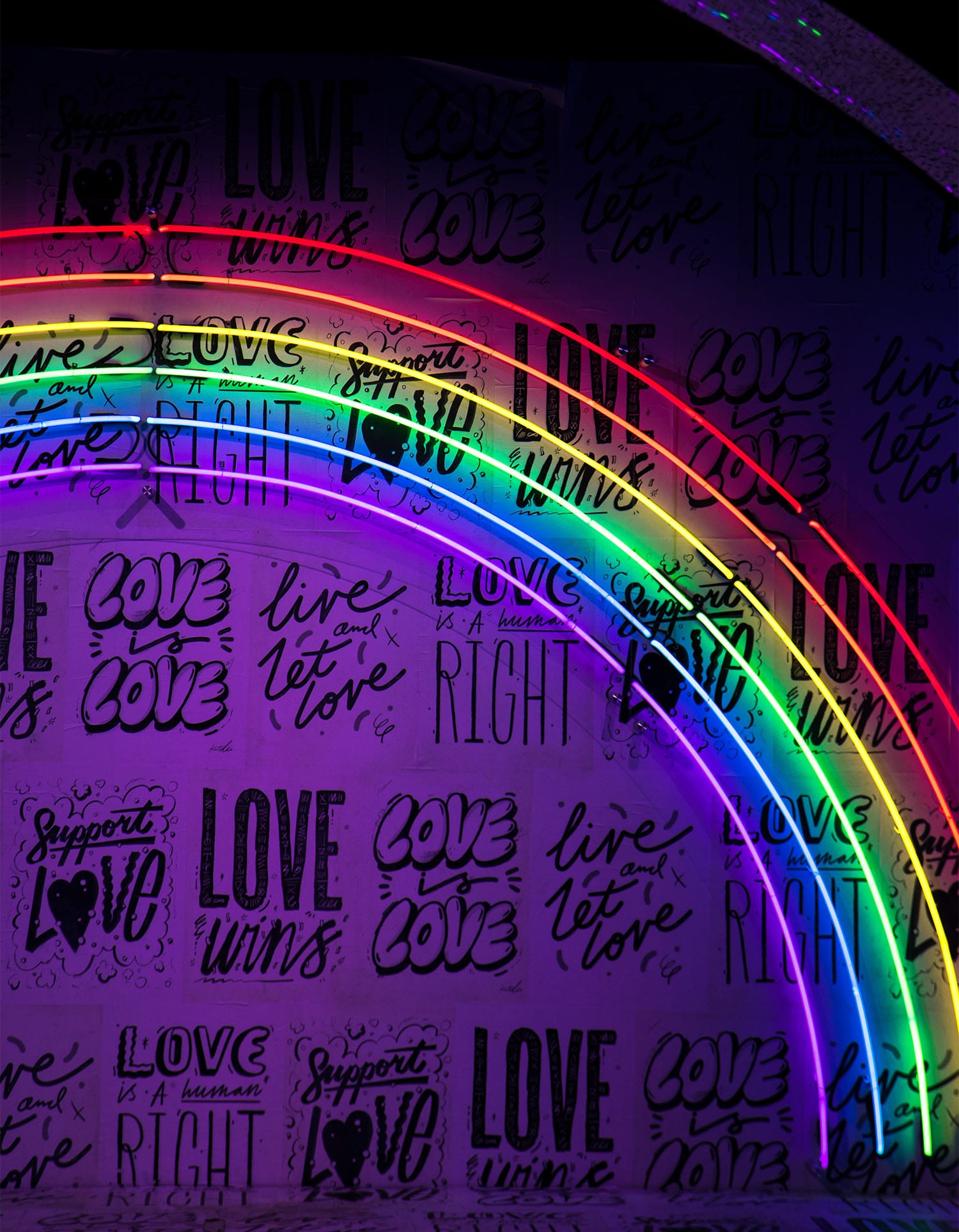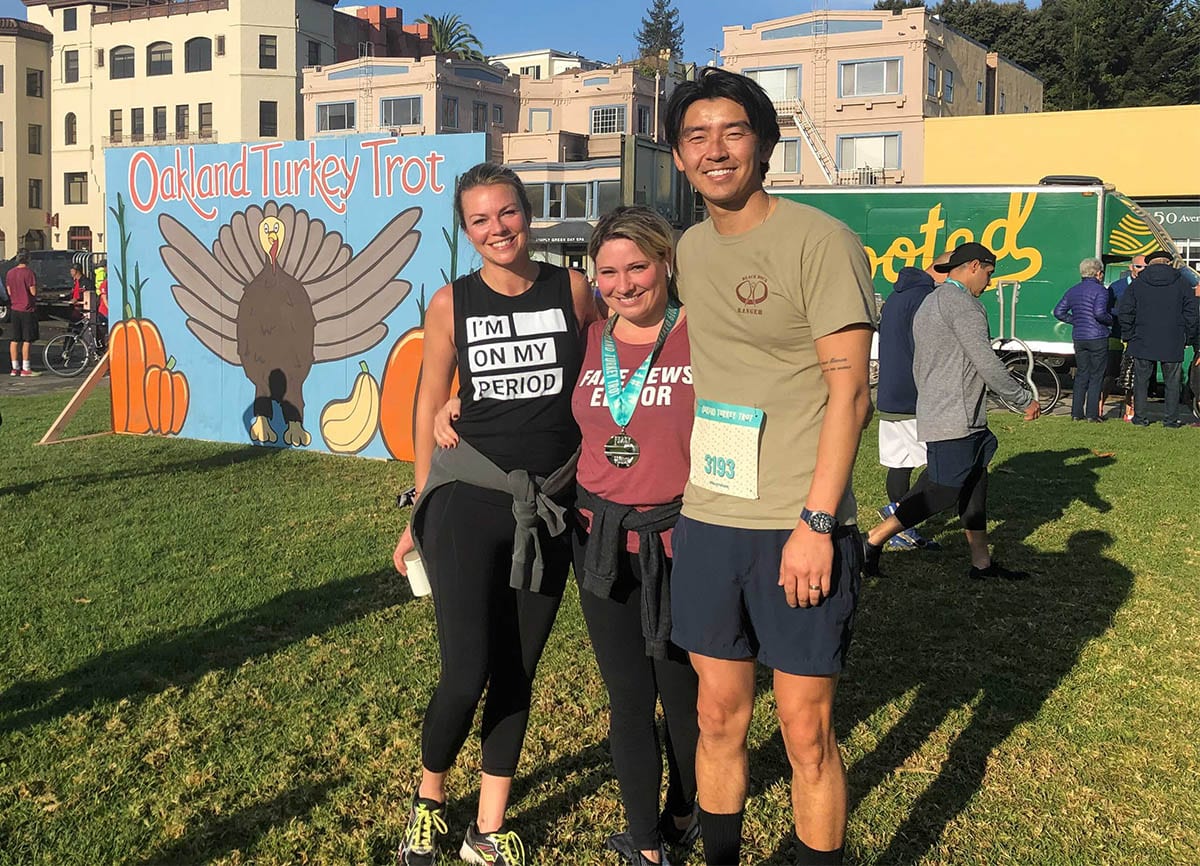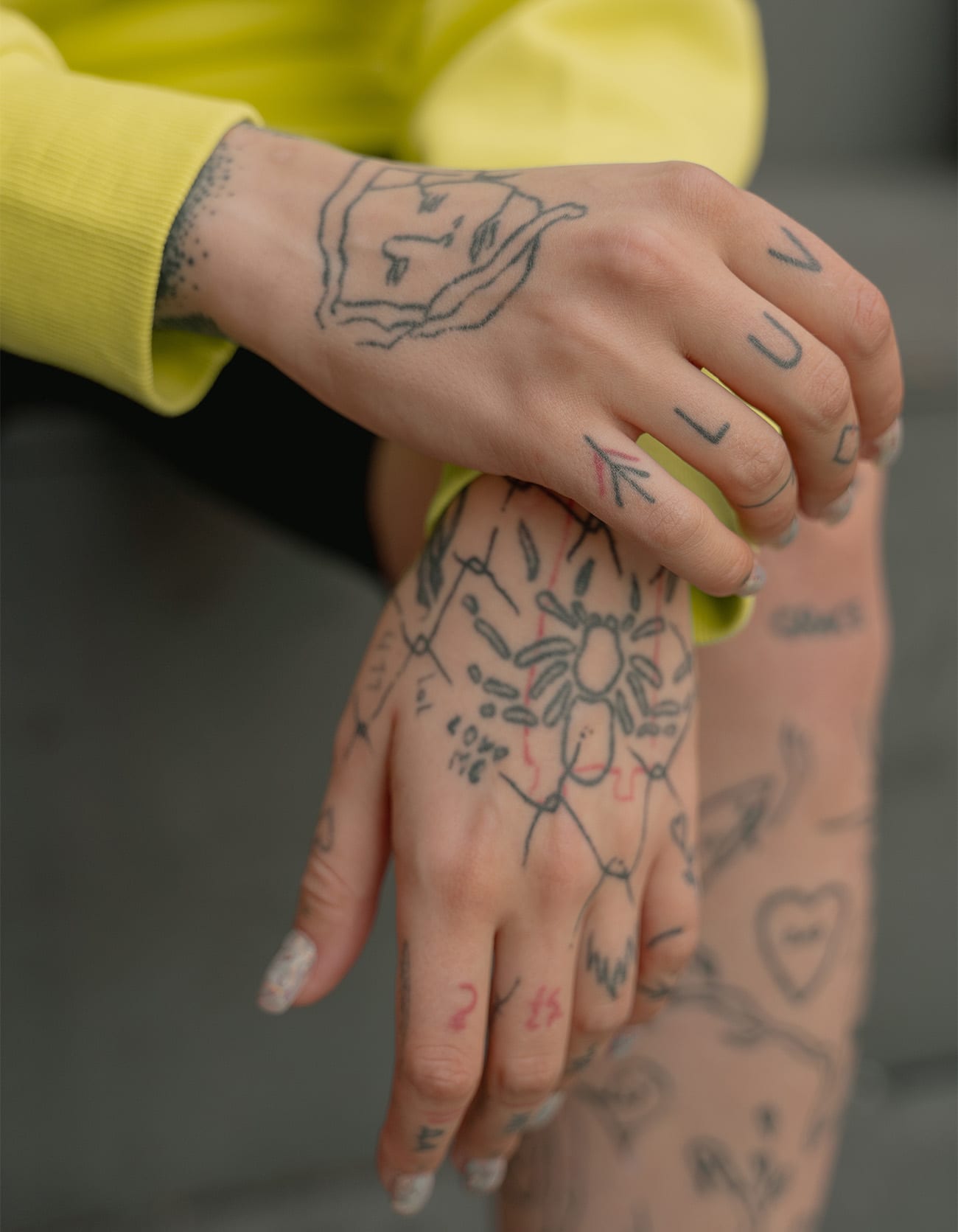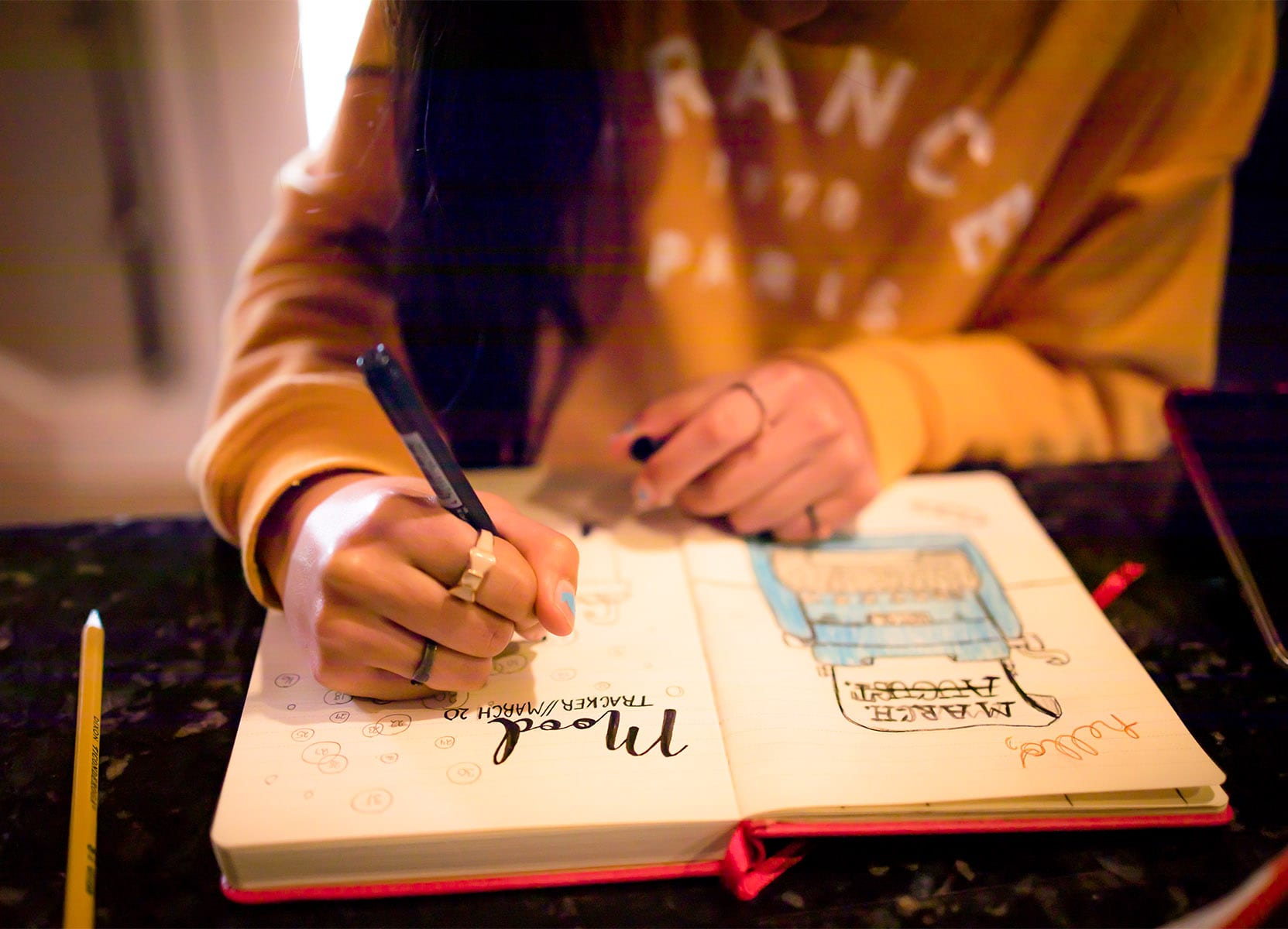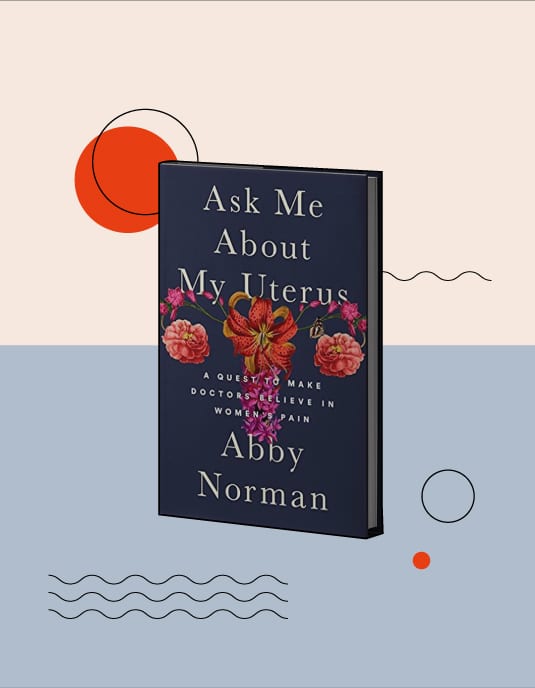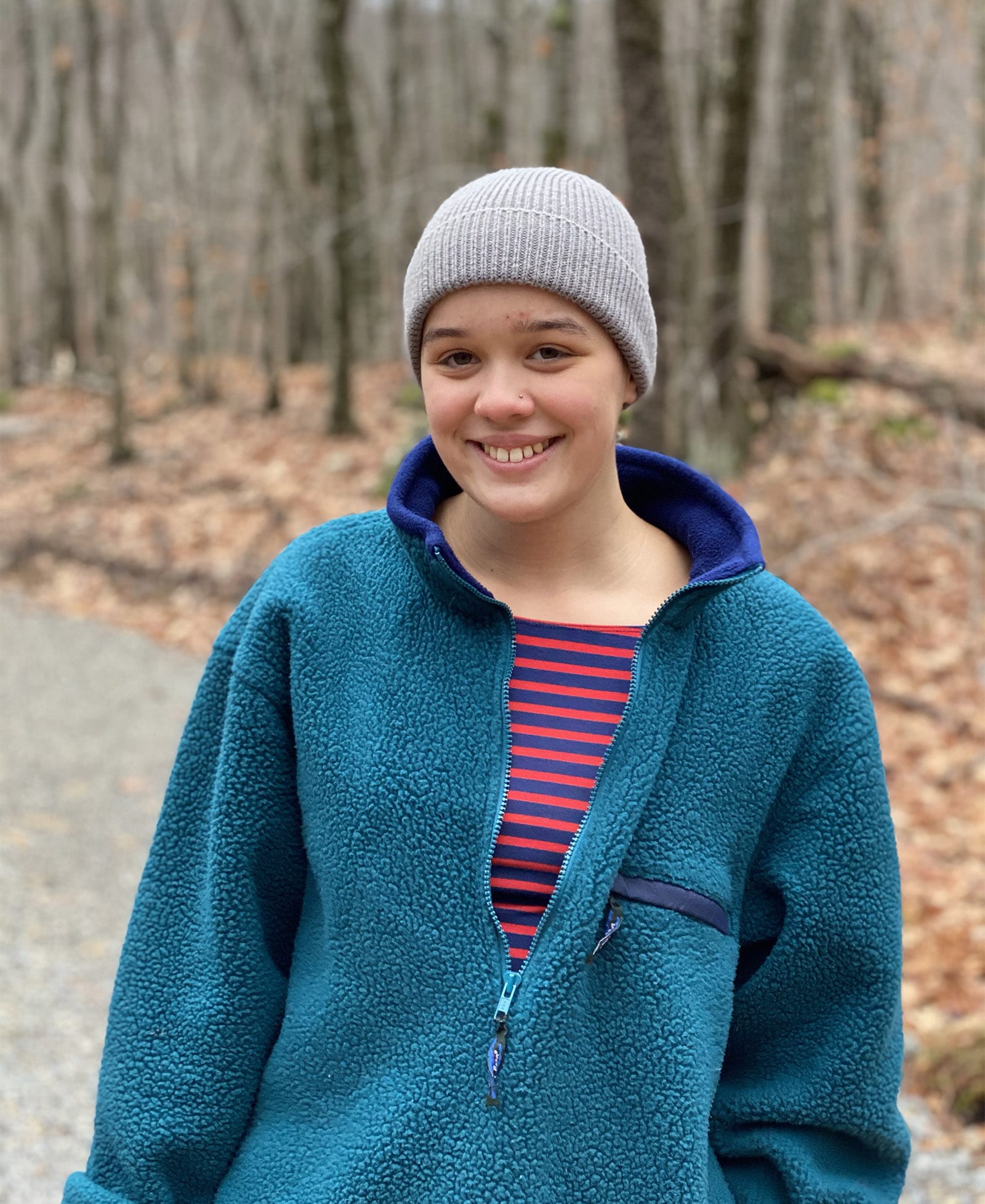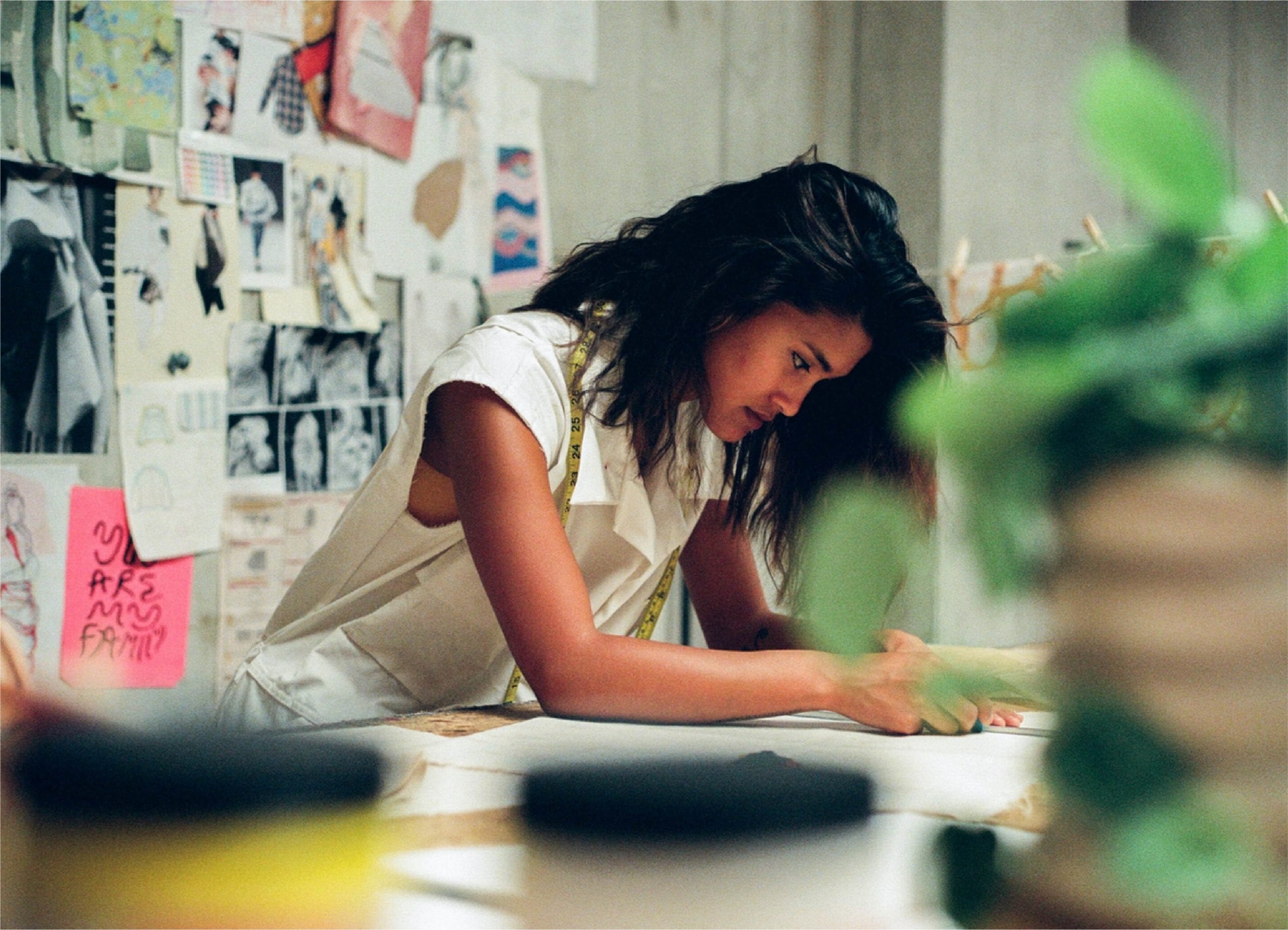Doing the work in support of Black lives
As we march for justice for the lives of Jacob Blake, George Floyd, Breonna Taylor, Tony McDade, and many others, our daily lives must now include uncomfortable but necessary conversations around race.
In the past, we’ve been taught to be defensive and dodge accountability when we’re called out.
It’s so much easier to sweep everything under the rug, rather than taking a deeper look at what’s broken within our understanding of freedom and equality. It’s time to be open to active listening, empathy, and acceptance of where each person is on their journey to social consciousness.
Below, we listed a few possible responses and additional resources to help you educate yourself while navigating conversations around race:
5 responses to consider if you’re ever accused of having made a racist remark
You’re right. I’m sorry, I didn’t even realize that I was doing that. Thank you for pointing it out. I won’t do it again.
Anti-racist work is about respecting boundaries. When I call people out for being racist, I’m not trying to knock down anyone’s self-esteem. I’m creating a boundary: I don’t allow oppressive language and actions in my space.
As allies, we need to respect the boundaries that the Black community is setting around their collective grief. Most of the time, we don’t even know we’re doing it. Be grateful that someone has taken the time to point it out so that you can move forward with awareness.
I’m sorry for saying/doing things that offended you. I’m going to take some time to think about this so that I can respond humbly.
We’re allowed to pause if we don’t know what to say. Pride makes it difficult to take accountability for our actions.
In the heat of the moment, it’s easy for us to put the blame back on the people who are calling us out. It’s easier to say that someone else is “too sensitive” instead of looking inward to see if we actually caused any harm. This behavior is also called gaslighting. Prevent any instances of gaslighting by taking a moment to reflect and respond without the fear of being wrong.
I apologize for doing/saying that. I’m going to step back and figure out why I felt the need to say it.
Being called out can feel triggering. Triggers have the power to distort the way that we see the person in front of us. We stop seeing the person in front of us because our brains have already traveled back to an old memory. It’s important to figure out what emotions are coming up for us after being called out, but we need to deal with it alone so that we aren’t asking our Black friends to perform more emotional labor for us.
I’m sorry. I won’t do it again. I’m happy to hold space for your feelings, if you have more to say.
During the times that I was on the receiving end of racism, the first thing that I did was talk to my friends and family about how hurt I felt. I had to hold onto the negative thoughts and feelings I felt until I could find someone else in my community to dump it on.
Offering to hold space for the person you hurt allows them to release resentment instead of keeping it pent up and carrying it throughout the rest of their day.
You’re right. I’m sorry. Would you be willing to help me understand where I went wrong? In exchange, I can offer _______.
Please do not assume that our Black friends and community members have time, energy, or space to educate you. Between social media and Google, there are a lot of ways to learn more about the history of racism.
If you’re interested in continuing a friendship or relationship with the person who called you out, ask if they are willing to tell you how to better respect their boundaries. Make an offering — lunch, dinner, or whatever feels valuable to the both of you.
The time, resources, and energy it takes to educate someone are worth more than you think.
Additional resources
Watch 13th, a documentary by Ava DuVernay about the injustices in the prison industrial complex.
Listen to Intersectionality Matters! by Kimberle Crenshaw. Crenshaw is the writer who coined “intersectionality,” referring to the impact of gender, class, creed, and other societal factors that affect the impact of racism.
Read articles about Tony McDade, Nina Pop, Dominique Rem’mie Fells, and Riah Milton. They are Black trans people whose murders have not garnered the same attention as Breonna Taylor and George Floyd.
Donate money to organizations like The Okra Project and The Marsha P Johnson Institute that support Black trans people. Elle, Vice and Bazaar have also included their own list of organizations where you can donate.
Read White Fragility: Why it’s so Hard for White People to Talk About Race by Robin D’Angelo. It’s a great resource for confronting the discomfort of conversations around race. Then, read Robin D’Angelo’s interview with NPR where she shares advice on how to begin your anti-racist work.
© 2021 The Flex Company. All Rights Reserved.
